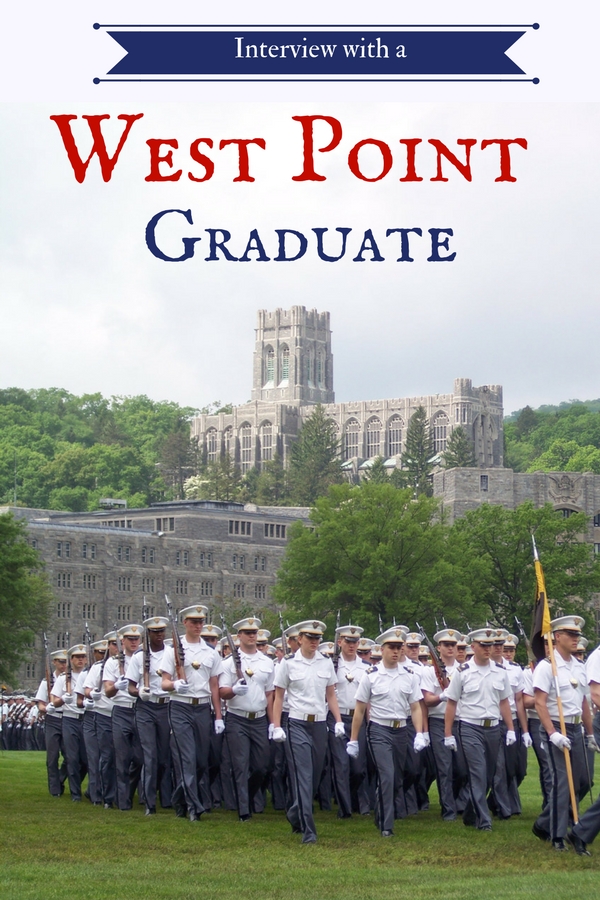
I personally want to say “THANK YOU” to all of the men and women who have served, and are currently serving, in our armed forces.

I have a son, Benjamin, who is currently serving in the army. He is an amazing young man and someone who loves this great nation. Because he graduated from the West Point Military Academy in 2011 and I recently asked him if he would do an interview with me and share with our readers some of his experiences. I also asked him to share some insight for someone considering applying to the USMA, (United State Military Academy).
When did you first start thinking about joining the military?
I began seriously considering joining the military when I was a junior in high school. After the events on September 11th, 2001 I had always reserved the idea in the back of my mind, but I began to take steps in that direction once I began planning for life after high school.
Why did you choose the army, vs. air force, navy, etc…?
Each branch of our military has unique missions and capabilities. I felt that the Army was the branch that most suited my strengths. The army will also allow me to eventually lead soldiers on the ground. I also considered the Marines, but ultimately wanted to complete college before I joined, and consequentially chose the Army/West Point.
What made you want to go to West Point?
West Point caught my attention for many reasons. To begin with, I knew I wanted to complete a college degree before I joined the service. I also knew I wanted to join the Army and be an officer. It was an attraction to attend college far away from home and far out of my comfort zone. West Point accommodated all of these. I was also very enticed by the first-rate education experience there and by the fact that I would be debt-free at the end of my four years there (cadets at the United States Military Academy do not pay tuition, and are paid a specific amount of money each month based on class year).
More than anything, I was anxious to join “the long gray line” of distinguished graduates from the academy. These men and women set themselves apart. Not only in academia or in the business world, but in service to our country and in every war in which our nation has been engaged.
I don’t mean to sound cliché or naive here, but when I was considering applying an Army Officer told me this: “At the Air Force Academy the campus is dotted with statues of great planes. At the Naval Academy, they have statues of great ships and submarines. At West Point, they have statues of great people. If you want a career working with the most technologically advanced equipment choose another school. If you want to be a leader of men and women, go to West Point.” This isn’t to say that the Air Force and Navy don’t have the same caliber of leaders – they absolutely do – but personal leadership at all levels, not machines, is the essence of our Army. This sold me.
What are the steps someone needs to take to apply to West Point?
It’s been more than seven years since I went through the admissions process, but I’ll try to recall the basics:
*Contact your high school counselor and/or the West Point admissions office to get in contact with your West Point district liaison. He or she (the country is divided up into regions and sub-regions, each of which has a West Point liaison) will give you any information you need and will help you complete the admissions packet.
You can find the USMA Admissions Home Page here: http://www.usma.edu/admissions/SitePages/Home.aspx
1) Get in shape/stay in shape. Part of the admissions requirement is a physical test which must at least be passed, and which helps you become more competitive the better you perform on it.
2) Apply for a Senatorial/Congressional nomination. In order to be accepted (unless you have prior military service – if this is the case there is a separate process you must go through), each applicant needs to be nominated by his or her state senator or local congressman. There is an entire application process for this nomination as well, along with an interview for each application.
3) If not completed already, the SAT or ACT must be taken as part of the application process. USMA looks at the composite scores for each section.
Once a nomination is received and the application is submitted, the application process is complete. Again, the steps listed above are the very, very basics of applying. The application process is extremely lengthy and takes a significant amount of time. Here are some very strong suggestions if you are considering applying for West Point:
4) Start early. Maintain the best grades you can. Take part in as many sports/extracurricular activities/community service programs/church programs as you can. Assume as many leadership roles in these activities as you are able to. Get in shape and stay in shape. West Point will look at all of these things when you apply, and you will be competing against thousands of young people who have worked as hard or harder than you to get in.
5) Evaluate why you want to go to West Point. It is the experience of a lifetime, the education is of the highest quality, the education is free, and its’ reputation precedes itself. But if you are unwilling to take the responsibility for the well-being and many times even the lives of men and women in a potential combat environment overseas, you should reconsider.
I understand that a teenager may not even be able to comprehend what that means at that age (I didn’t fully) and that it is very difficult to know exactly what you want for a career by the age of 18. What I want to make clear, though, is that graduating will take an incredible amount of work, commitment, and sacrifice. Much more so than any alternative school or education. You will likely find yourself in situations of high stress and discomfort both before and after graduation. Apply if you want to answer a call to duty and if you want to lead Soldiers.
How many new cadets are accepted vs. graduated?
The attrition rate changes with each class and is dependent on several factors. I believe my class was about average. We began with nearly 1400 people and graduated somewhere between 1000-1100.
What is Beast?
Beast is the 7-week basic training that new cadets attend before they officially become cadets. This takes place during the summer before freshman or “plebe” year begins. It is a physically and mentally challenging few weeks designed to temporarily break ties between new cadets and their homes/loved ones, to educate new cadets on the basics of the Army structure and operations, and toughen up new cadets for the challenges that lie ahead. Some of the military training events include Army rank and structure training, regular physical training, military obstacle courses, weapons qualification, rappelling, and much more.
Was your experience what you anticipated?
Yes and no. To sum it up, West Point Military Academy was very challenging, and difficult at times and I disliked a large portion of it. However, I also had some of the best times of my life there, developed lifelong relationships, and learned so much about so many things. In no way do I regret my decision to attend.
What were some of the highlights of your experience there?
I value the friendships I gained from West Point the most. Although people develop friendships at every school in the country, there is something to be said about the friendships developed in military training/the Army. The friendships I’m speaking of are often forged with a deep sense of mutual respect, and a deep sense of trust to depend on one another when the time comes, especially during deployment. Therefore, I have made friends there that I am certain I will have for the rest of my life.
Another facet is traveling which I have enjoyed very much. Because I attended USMA I was able to travel to several major cities in the U.S., Qatar, and Korea for free (they would eventually allow me to travel to Afghanistan for free as well – the Army has excellent travel rewards). Not to mention the last two years I was there I was able to go to New York City fairly regularly (West Point is a one-hour train ride from NYC for $10).
What was your worst experience there?
I’m not sure this counts as a singular worst experience, but the opportunities to go home (living in Missouri) were few and costly. I often missed my family while I was there.
What was the graduation ceremony like?
Graduation at West Point was the best day of my life. Not only does it mark the last day of West Point (and words cannot describe how welcome this is after more than four years), but each cadet also earns a bachelor’s of science degree in their respective elected major, is commissioned as a Second Lieutenant in the Army, immediately receives a significant pay raise, and begins a 30-60 day leave period.
Overall, how has your experience in the Army been this far?
First of all, the Army seems to be very time-intensive. It is also a stressful occupation because of limited predictability and prolonged periods of time away from family. It is also extremely rewarding, and challenging, and gives me a sense of purpose that I’m not sure I could find in any other career field. I’ve had some of the best experiences of my life in the Army. I’ve traveled to various countries, jumped out of airplanes, and rappelled out of a helicopter. In addition, I’ve driven tanks, used all types of weapons, and met and worked with the most interesting and wonderful people, including seniors, peers, and subordinates. Leading a platoon in Afghanistan is what I am most proud of. I have no real regrets about my experiences so far and consider myself very blessed to have taken the path I did.
Thank you for taking the time to share your thoughts with us today Ben. We appreciate your sacrifices and for helping to defend this great nation. God’s riches blessing upon you, and all those in our armed forces.

(Ben is currently serving as a Captain in the United States Army)
Thank you, Ben.
Linda
More great ideas:
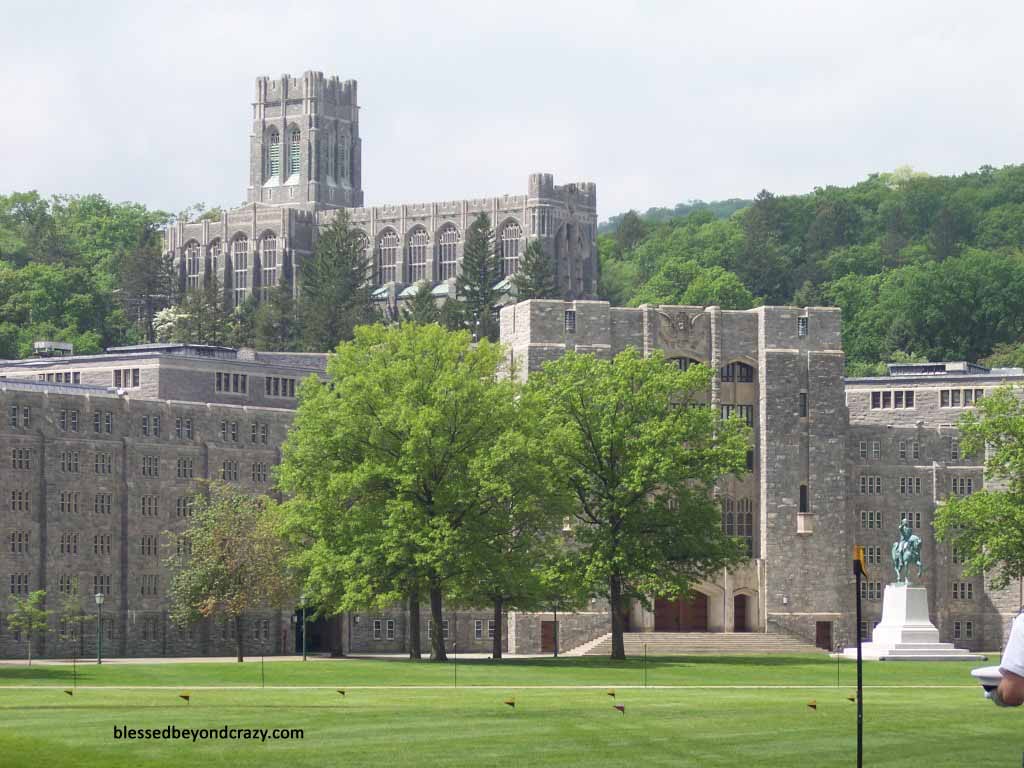

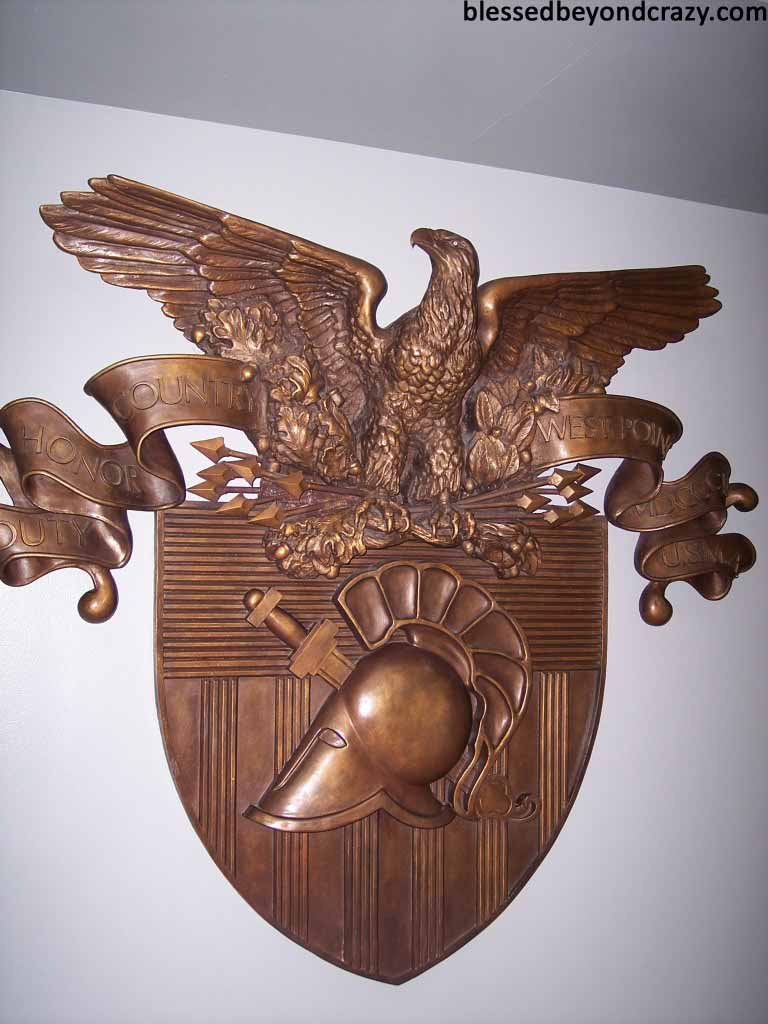



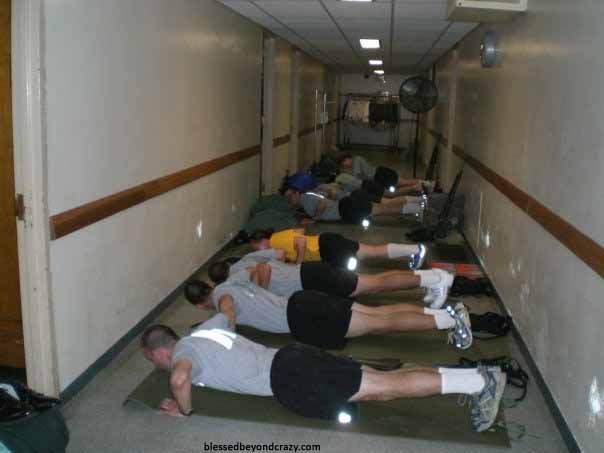
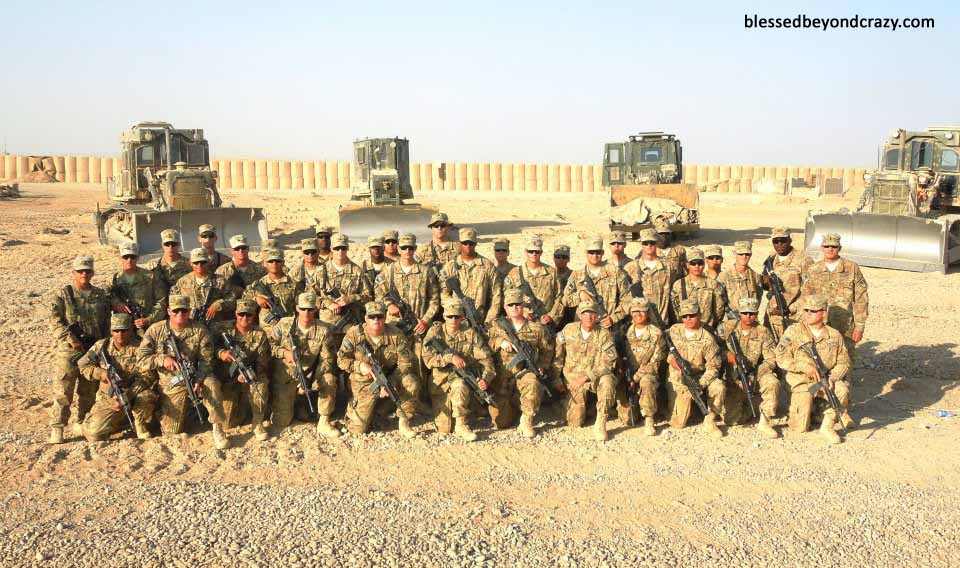

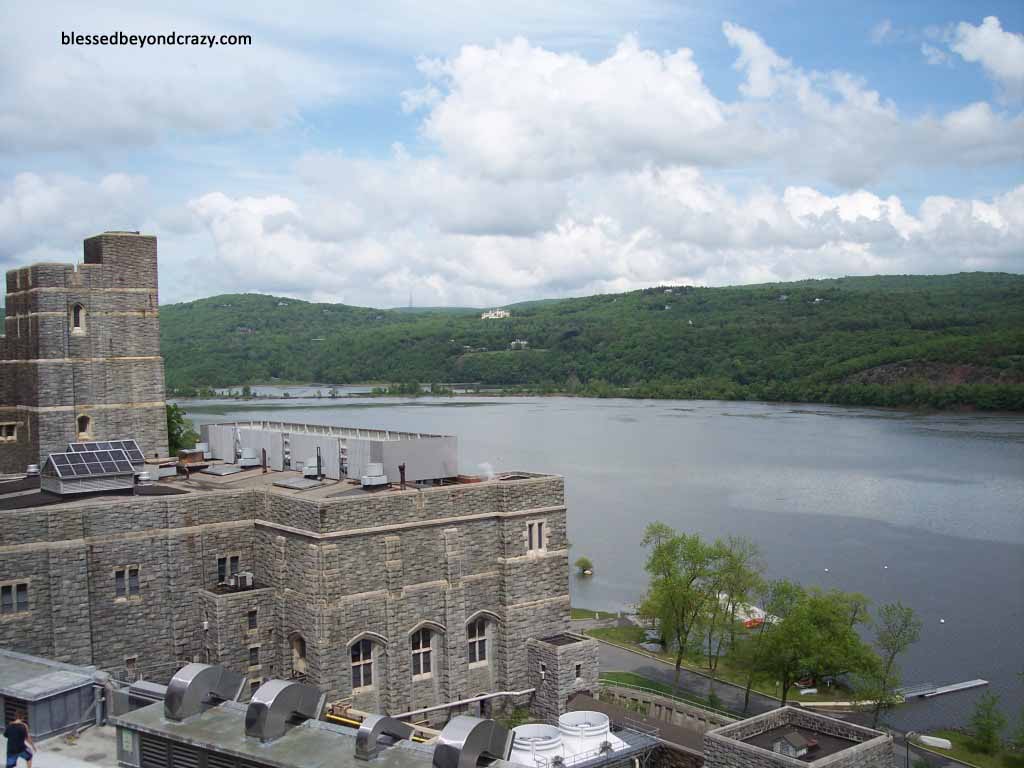
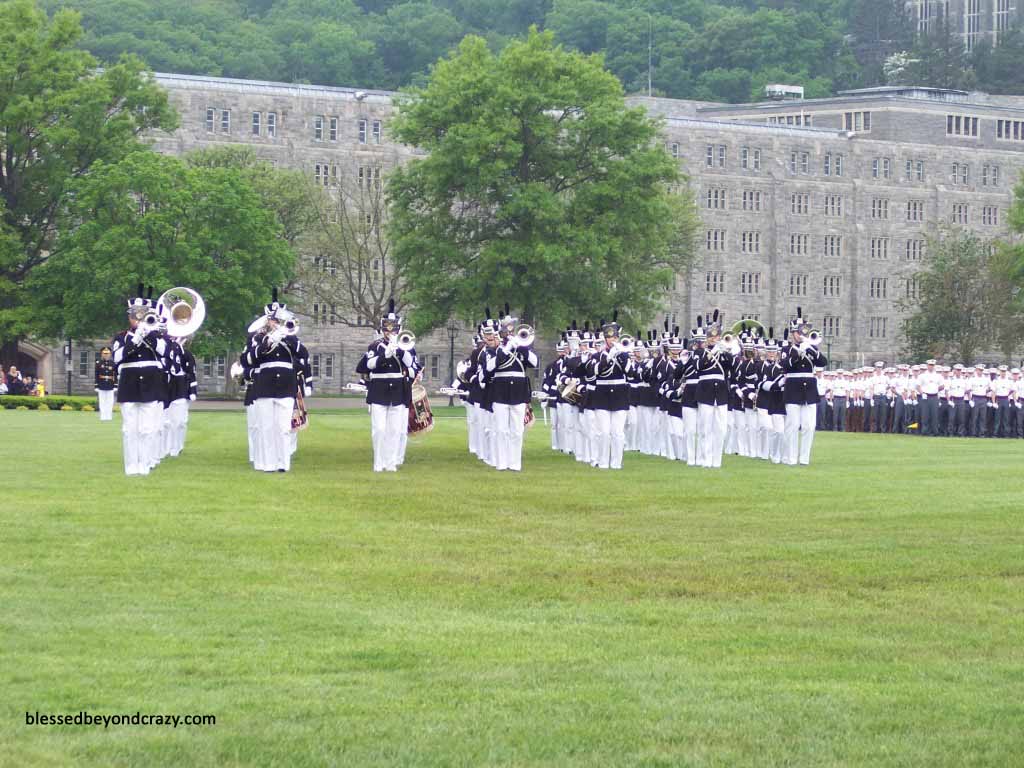

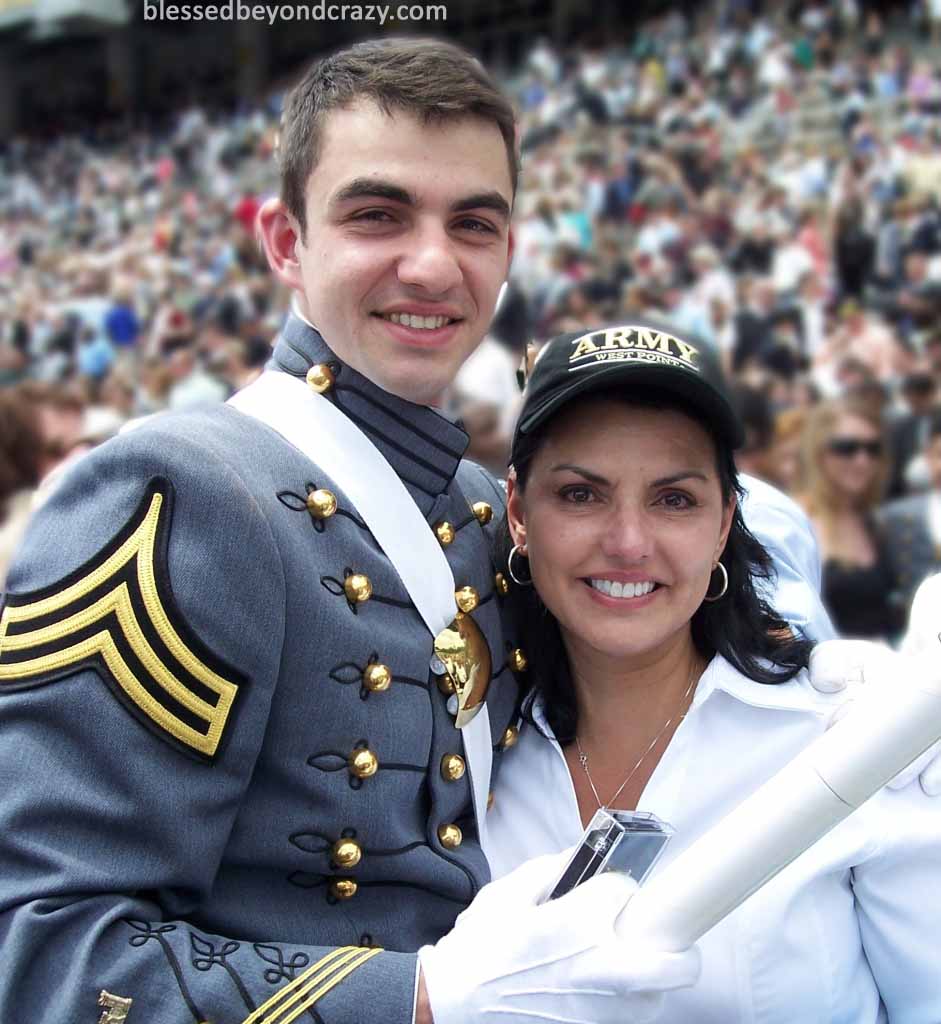
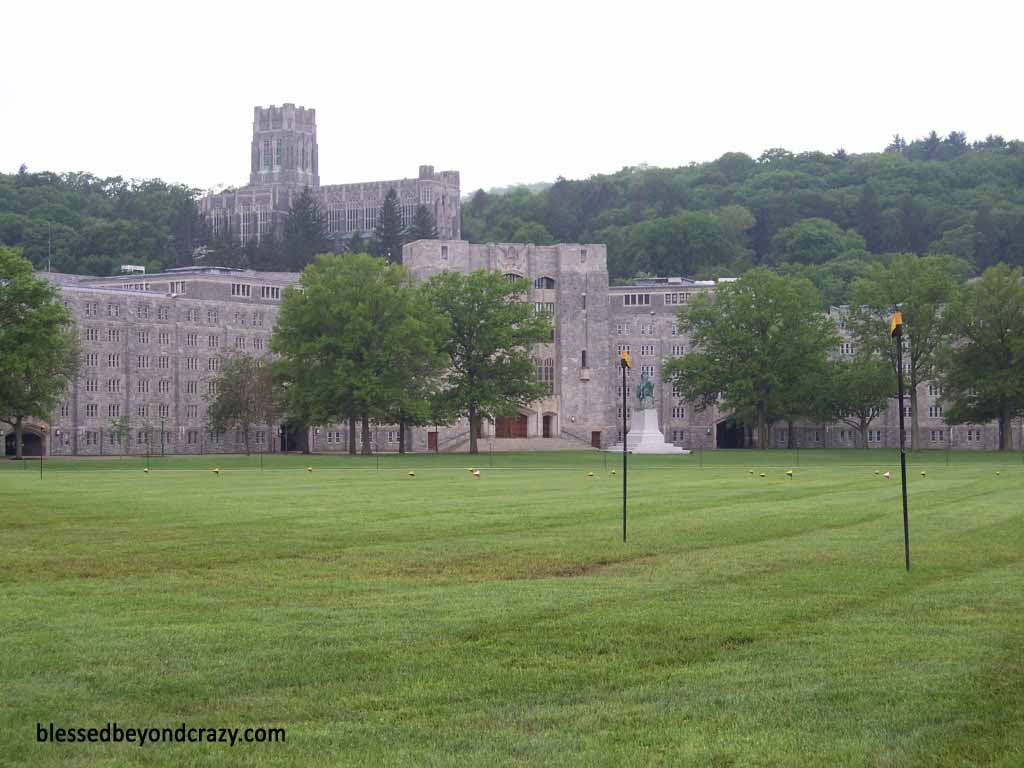
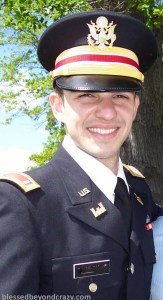



Shelley @ Two Healthy Kitchens says
This is really a wonderful post! I’m way behind on keeping up with so many blogs lately, and this was a fabulous way to return to reading yours after a couple really crazy-busy months! It’s so touching – the commendable story of how Ben chose to serve his country and how he feels about the rigorous, demanding training he went through. I also think it’s terrific that you brought out points to help others who may be considering service to our country but may be unsure of whether it’s the right choice for them, or how to move forward with their decision. Enjoyed the photos so much, too – really gave a sense of place. Thank you for a lovely read this morning! 😀 God bless Ben and the other brave men and women who protect our country, and the families who sacrifice so much to support them.

Blessed Beyond Crazy says
Hi Shelley,
Thank you for your sweet comments in response to this post. I am truly “blessed beyond crazy” to have 3 amazing children that have grown to be even more amazing young adults. I have always had a sense of appreciation for our men and woman who serve in our armed forces, however, it truly has an even greater impact to have a son who is in the service now. It really brings it home. I hope that this post will continue to help others who may be considering attending USMA, or at least help someone to understand the Academy just a little bit more. Thanks again for stopping by and have a great weekend!
Linda
Kelly Harrah-Devig says
I’m so proud of your son. My son graduated West Point in 2009 so I understand the experience and the incredible sense of pride you and your family feel. My son has been stationed in Okinawa and will leave for Afghanistan in 2 days. May God bless them and all our soldiers as they continue to fight for our freedoms and this great country.